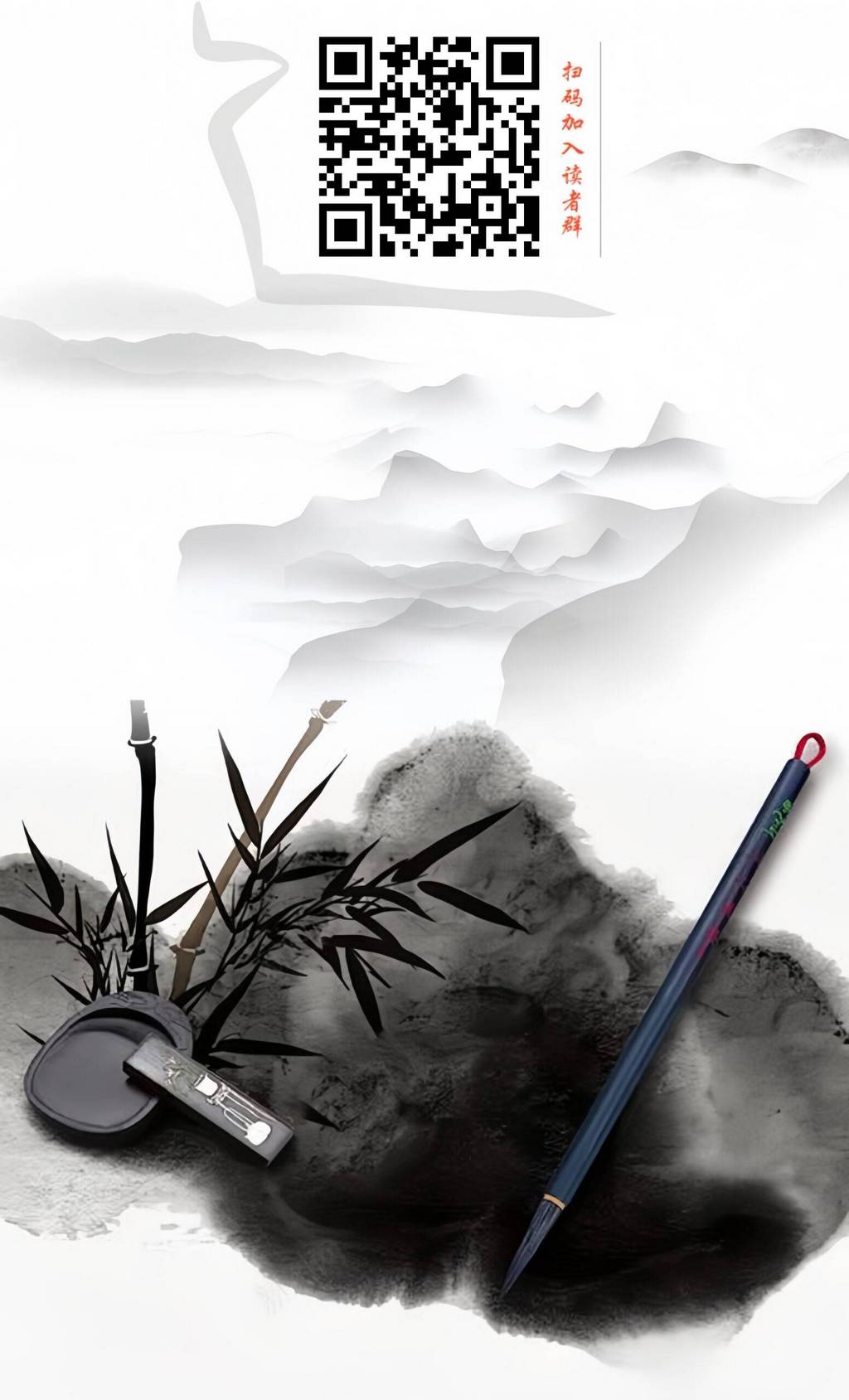
关于中国经济增长模式的争论:诺奖得主对还是“厉害派”们对?
作者:赵晓
在中国经济转型与发展的过程中,一直存在着两种不同的声音。一是可称为“厉害派”的学者和政界人士,他们认为中国很厉害,厉害就在于中国的政治集权,举国体制以及中国政府强大的经济调控能力,也因此中国完全不必理会西方的“华盛顿共识”,应继续坚持自己的“北京共识”。二是以“市场派”为代表的学者,他们主张中国的经济增长并无奇迹可言,更非政府集权之功,完全是得益于市场化改革,而未来中国的发展需要更深入的政治和经济改革。
多年争吵不休后,今天是否到了一个水落石出的时候了?
一、厉害派:相信中国的“独特模式”
“厉害派”坚信中国独特的政治体制,即通过举国体制或“政治集权+有限市场化”的模式,才带来了中国经济的繁荣。对于这些观点的拥护者而言,中国的政治集权非但不是经济增长的阻碍,反而被视为中国独有的体制优势。他们推崇中国独特的治理方式,反对西方的自由市场模式,更敌视西方的自由民主宪政,强调中国需要坚持“制度自信”“道路自信”,认为中国的发展模式比西方更为有效。
对于“厉害派”而言,既然体制毫无问题且有优势,那中国经济增速的过往表现当然可以作为对未来增长趋势的线性推演。他们因此乐观预测中国将很快在总量上超越美国,并且相信世界格局也将“东升西降”,中国将有资格为世界指明道路,重新构建世界秩序。对于任何认为中国需要进行政治改革的主张,他们嗤之以鼻,认为中国现有的政治制度正是其经济繁荣的源头。

二、市场派:市场化改革推动增长
与“厉害派”相对立的是“市场派”,他们认为中国的经济奇迹并不是因为政府的强力管控,恰恰是因为集权政府不得不在经济管制上有所放松,对外开放,对内“放水养鱼”,从而带来了市场化改革的红利,得以实现“追赶型增长”。过去几十年的经济增长,关键就在于集权政府引入了部分市场化政策,给了市场一定程度的经济包容性。但市场派也不断警告,除非中国继续推进深层次的政治改革,否则经济改革的成就不能继续,中国经济增长的动力将会枯竭。
温家宝总理在任内曾不断提出类似观点,甚至在记者招待会上大声疾呼。他认为中国必须推进经济和政治上的双重改革,才能持续获得增长,否则中国就会有重回“文革”的危险。可惜的是,温家宝的声音几成绝响,而在过去的几年里,“市场派”的声音也几乎被完全封杀,举国上下只能听到“厉害派”们的瓦釜雷鸣。
三、诺贝尔奖得主的警告
新制度学派的学者几乎都站在中国“市场派”们的一边,道格拉斯·诺斯在20世纪90年代北大演讲中,就提醒过中国需要深层的改革。新制度学派的创始人科斯在90多岁,快要离世时,还不忘一再提醒中国需要“思想 的自由市场”。而2024年诺贝尔经济学奖得主阿西莫格鲁教授更是早在10多年前就公开发声,支持“市场派”的观点。阿西莫格鲁教授指出,虽然中国通过“抄作业”的追赶型增长方式获得了经济增长,但这种繁荣因为没有政治改革,没有政治的自由与民主基础支撑,必然缺乏稳定性和可持续性。阿西莫格鲁也因此,早在十多年前就警告,如果中国不进行政治改革,未来可能会面临类似前苏联的突然崩溃。

阿西莫格鲁教授强调,只有包容性的政治制度才能为持续的包容性的经济增长提供保障。虽然攫取性政治制度混合部分包容性经济政策的组合,在短期内也能够带来经济增长,但长远来看,这样的体制将难以维持创新驱动的可持续增长。阿西莫格鲁教授的警言不幸而言中。如今的中国经济,外部与美国西方失和,内部凯恩斯主义走到尽头,在房地产市场坍塌、外资流失和民间投资萎缩的情况下,已经显现出增长乏力的迹象。
四、“追赶型增长”与“创新型增长”的分野
回到阿西莫格鲁教授的增长概念,“厉害派”显然忽略了一个关键点,即“追赶型增长”和“创新型增长”的根本区别。中国过去几十年的经济增长大多属于追赶型增长,即通过类似于“抄作业式”的复制、引进和低成本生产实现的高速增长。而创新型增长则需要依赖自身的创新驱动、知识产权保护和开放的市场环境。这也是为什么“厉害派”无法意识到,中国的后发优势实际上可能被后发劣势所抵消,而追赶型增长实际上是不可持续的,而持续性的增长必须依赖于制度上的改革。
五、我的观点:只有文明国家,才能成为创新国家,而政治改革是关键。
洛克讲过,只有建立起个人的生命权、财产权与自由权这文明三底线,一个国家才称得上是文明国家。而我想说的是,只有在文明国家的基础上,一个国家才能升级、打造成为“创新国家”,也因此进入可持续的创新增长。也因此,如果不能建立起保障个人生命权、财产权与自由权的政治体制,中国将难以实现经济转型,无法升级成为真正的创新型国家。中国的经济增长必然会因为“追赶型增长”的结束而陷入停滞,甚至倒退。中国实际上仍未摆脱前苏联增长模式的阴影。

历史已经证明,过度集中的计划经济模式曾让中国经济跌入深渊,而今天,中国又在凯恩斯主义的增长模式中举步维艰。中国,是时候抛弃“厉害派”的胡言乱语,聆听真正智者的意见,重归真正可持续的增长之路!
附:英文原文
Debate on China’s Economic Growth Model: Who is Right, the Nobel Laureate or the “Great Faction”?
By Zhaoxiao
Throughout China’s economic transformation and development, two different schools of thought have long existed. One, which could be called the “Great Faction” (厉害派), consists of scholars and political figures who assert that China’s greatness lies in its political centralization, state-led governance, and the government’s strong economic control. They argue that China should pay no heed to the West’s “Washington Consensus” and should continue to adhere to its own “Beijing Consensus.” The other faction, represented by “market advocates”(市场派), contends that China’s economic growth is no miracle, and is certainly not a result of government centralization, but rather a product of market reforms. They argue that China’s future development requires deeper political and economic reforms.
After years of debate, are we finally approaching a clear conclusion?

I. The Great Faction: Faith in China’s “Unique Model”
The “Great Faction” firmly believes in China’s unique political system, one in which centralized authority combined with limited market liberalization has driven China’s economic prosperity. For these proponents, China’s political centralization is not only not an obstacle to economic growth, but is seen as a unique advantage. They champion China’s governance model, oppose Western free-market systems, and are hostile to Western liberal democracy. They emphasize the need for China to maintain “confidence in its system” and “confidence in its path,” arguing that China’s development model is more effective than that of the West.
For the “Great Faction,” since the system itself is seen as flawless and advantageous, China’s past economic growth is considered a reliable basis for predicting future trends. They optimistically forecast that China will soon surpass the United States in total GDP and believe that the global balance of power will shift, with China having the authority to lead the world, rebuild global order, and chart a new course for humanity. They scoff at any suggestions that China needs political reform, believing that the current political system is the very source of its economic success.

II. The Market Faction: Market Reforms as the Key to Growth
In contrast, the “market advocates” (市场派) argue that China’s economic miracle is not due to the government’s strong control, but rather the government’s necessity to loosen its grip on the economy, open up to the outside world, and encourage market reforms. This, in turn, has led to the benefits of market liberalization and enabled “catch-up growth.”The key to past economic growth, they assert, was the government’s introduction of partial market reforms, which allowed for some level of economic inclusivity. However, the market advocates have consistently warned that unless China continues with deep political reforms, the achievements of its economic reforms cannot be sustained, and the engine of economic growth will run dry.
Former Premier Wen Jiabao echoed similar sentiments during his tenure, even making passionate pleas at press conferences. He argued that China must advance both economic and political reforms to sustain growth, or risk a return to the dark days of the Cultural Revolution. Unfortunately, Wen’s voice has largely faded into silence, and in recent years, the “market advocates” have been nearly completely silenced, with only the “Great Faction” left to dominate public discourse.

III. The Nobel Laureate’s Warning
Institutional economists have long sided with China’s “market advocates.” Douglas North, during his lectures at Peking University in the 1990s, reminded China of the need for deep reforms. Ronald Coase, the founder of the New Institutional Economics, repeatedly emphasized the need for a “marketplace of ideas” in China, even in his 90s, nearing the end of his life. The 2024 Nobel Laureate in Economics, Professor Daron Acemoglu, also publicly supported the market advocates over ten years ago. Professor Acemoglu pointed out that while China achieved economic growth through “catch-up” strategies, this prosperity is fundamentally unsustainable without political reform and without political freedom and democracy as a foundation. More than a decade ago, he warned that if China does not implement political reforms, it could face a collapse similar to that of the Soviet Union.
Professor Acemoglu emphasized that only inclusive political institutions can provide the foundation for sustained, inclusive economic growth. While extractive political institutions combined with partially inclusive economic policies may generate growth in the short term, such a system cannot support innovation-driven, sustainable growth in the long run. Sadly, Acemoglu’s warning has become prophetic. Today, China’s economy is struggling with external tensions with the U.S. and the West, and domestically, Keynesianism has reached a dead end. With the collapse of the real estate market, capital flight, and a decline in private investment, signs of economic stagnation are becoming increasingly evident.

IV. The Difference Between “Catch-up Growth” and “Innovative Growth”
Returning to Professor Acemoglu’s concept of growth, the “Great Faction” seems to overlook a critical distinction: the difference between “catch-up growth” and “innovative growth.” China’s past few decades of economic growth largely belong to catch-up growth, achieved through copying, importing, and low-cost production, akin to “following the homework” of other nations. Innovative growth, on the other hand, relies on its own innovation, intellectual property protection, and an open market environment. This is why the “Great Faction” fails to realize that China’s advantages as a latecomer could easily be offset by its disadvantages, and that catch-up growth is inherently unsustainable. Sustainable growth can only be achieved through institutional reform.
V. My View: Only a Civilized Nation Can Become an Innovative Nation, and Political Reform is the Key
John Locke once argued that only a system that guarantees the right to life, property rights, and individual freedoms can be called a”civilized nation.”I would add that only by being a civilized nation can a country upgrade itself into an “innovative nation” and thus enter a phase of sustainable, innovative growth. Therefore, unless China establishes a political system that protects individual rights, property rights, and freedoms, it will struggle to achieve economic transformation and fail to upgrade into a truly innovative country. China’s economic growth will inevitably stall or even regress as the catch-up phase comes to an end. China is still shadowed by the growth model of the former Soviet Union.
History has shown that an overly centralized planned economy once led China into economic disaster, and today, China is once again struggling under a Keynesian growth model. It is time for China to abandon the misguided rhetoric of the “Great Faction” and listen to the wisdom of true thinkers, and return to a path of truly sustainable growth.




